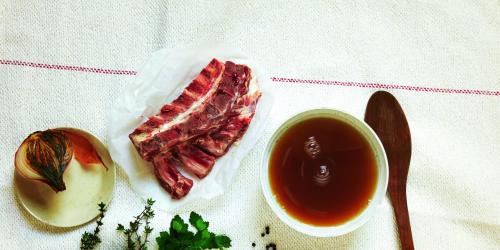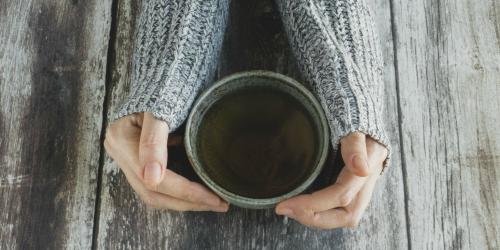Anti cancer foods: the advice of Professor Martin
For Professor Martin, formerly head of the Department of Biological Oncology Transfer Faculty of Medicine today retired, there is no doubt that diet and cancer are linked. In 60% of the cancers, it would indeed be a source of acceleration or slowing down of the disease since it influences the metabolism by activating on the one hand the detoxification of this one and on the other the repair system.
His advice for an anti-cancer diet to be as effective as possible:
- Limit foods high in energy and focus on vegetables and fruits. Energy-rich foods promote overweight and cancer development.
- Remove as much as possible saturated animal fats from its diet as well as processed products (ready meals) and those that are too sweet.
- Give priority to organic, seasonal and local foods (the traceability of these must always be verifiable).
- For meat, consume white meat such as poultry (do not eat the skin), or pork (provided you remove the greasy parts). Minimize deli meats and red meat to the maximum and never grill.
- On the fish side, take care to choose animals caught in the wild and not from a farm. Herring, sardines, cod or mackerel are very good examples.
- For omega 3-rich products, do not rely on omega-3-rich margarines, but choose foods that have a high natural content, such as flaxseed.
- More generally, apply the Cretan regime to the letter. Its health benefits have been proven by Dr. Serge Renaud and his team of researchers.
- Beware of endocrine disruptors found in equipment frequently used in cooking. Either do not use plastic film to cover the dishes and no longer keep and warm them in plastic boxes. Prefer glass or ceramic containers. For cooking, opt for stainless steel stoves and avoid those whose coating is Teflon, especially if it is damaged. As for the refrigerator, do not use wipes soaked in products to clean it but take water and soap.
5 foods to protect you from cancer
If these specific foods will not prevent you from getting cancer, they can still give you good habits and enroll in a preventive diet ...
- Spinach
Their high vitamin B content would protect against cancer, especially breast cancer. According to a survey published in August 2012 by researchers from the University of Hawaii and California, it is more specifically vitamin B6 that would minimize the risk of developing hormone-dependent breast cancer (the most common form of cancer) 30%.
- Carrots
The antioxidants they contain, carotenoids, have a protective effect on DNA. For their "shield" effect to be maximal, it would be necessary to consume about 3 servings a week.
- Wild salmon
This fat fish is recommended for its high omega 3 and vitamin D. In 2007, the Canadian Cancer Society even advised to take a vitamin D supplement during the fall and winter months. According to research by his researchers, individuals with vitamin D deficiency are more likely to develop cancer. The impact of vitamin D on breast cancer will be the subject of a conference at the 34th days of the French Society of Senology and Pathology Mammary, which will take place from 14 to 16 November in Paris.
- Broccoli
With many sulforaphanes, broccoli is also a food to consume regularly. These compounds would contribute greatly to the detoxification of the body, since they would increase the capacity of the protective enzymes.
- Turmeric
This spice includes no less than seven antioxidants. Among them is a very active molecule: curcumin. For its supposed effects against cancer to be maximized, it should be coupled with piperine, the active ingredient of black pepper.


